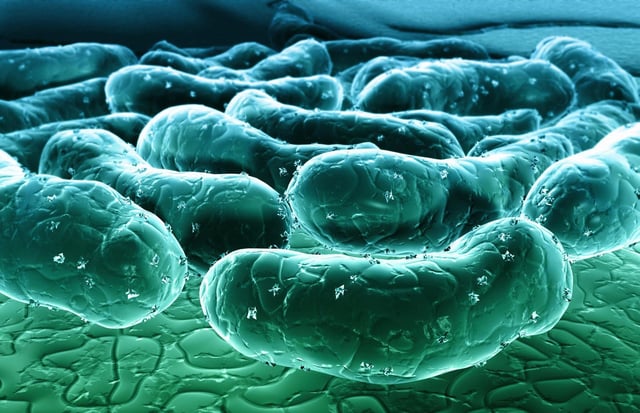Overview
- The NIH grant funds Ansel Hsiao’s lab to study how gut microbes communicate with each other and with human hosts, including quorum-sensing signals that can shape infection and immune responses.
- The team will pair sequencing of vaccine recipients’ gut bacteria with controlled tests in germ‑free mice to identify causal links between specific microbes and health outcomes.
- Clinical collaboration in Bangladesh seeks microbial profiles tied to stronger or weaker responses to vaccines such as cholera, a shot reported as ~99% effective in the U.S. but about 50% in parts of South Asia.
- Researchers aim to design next‑generation probiotics and prebiotics that create lasting changes in the gut microbiome, addressing the short‑lived effects of most commercial products.
- A separate University of Hawaiʻi review outlines how microbial metabolites can alter epigenetic marks, highlighting prospects for biomarkers, live biotherapeutics, and ethical data standards such as FAIR and CARE.
